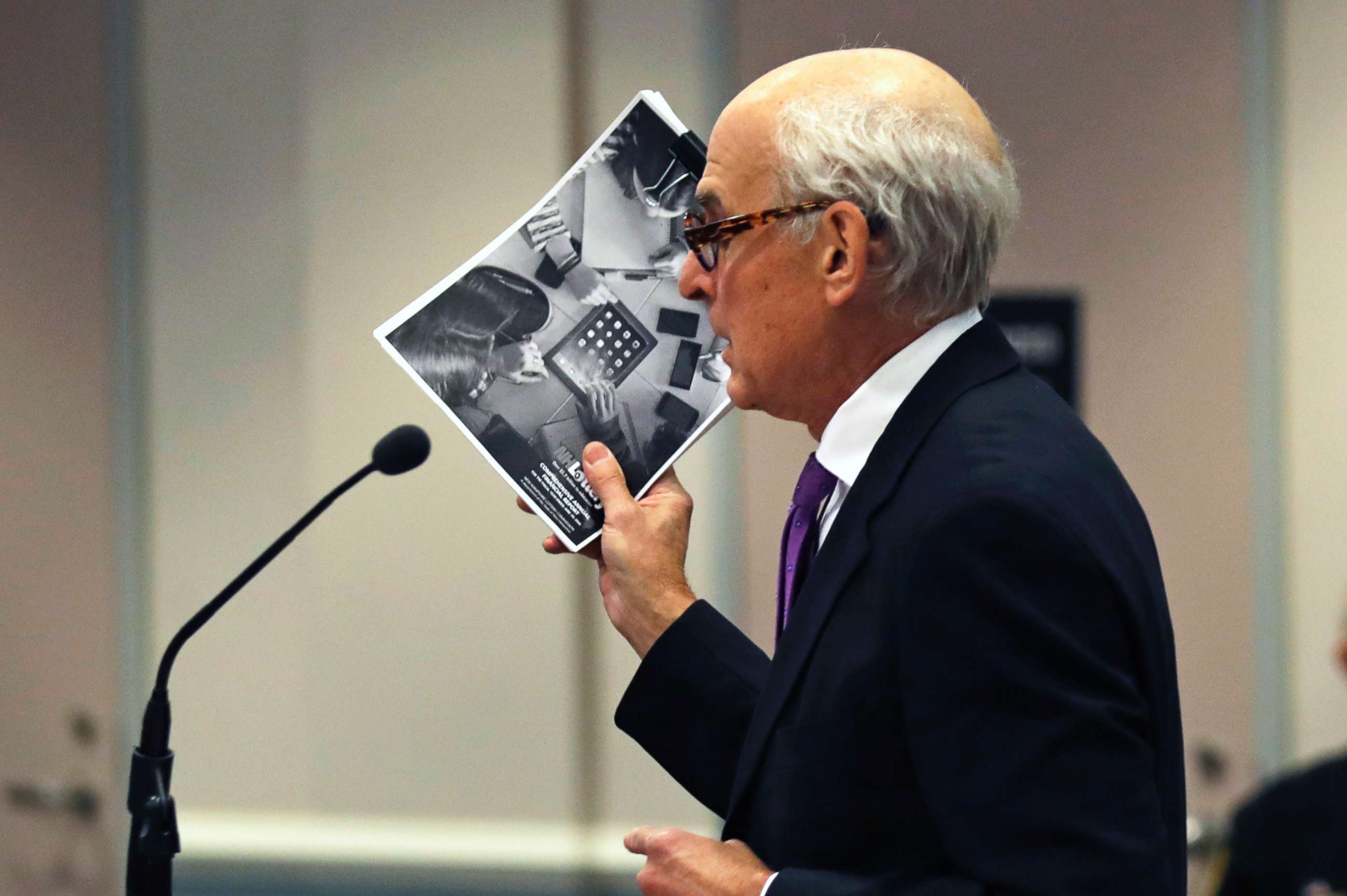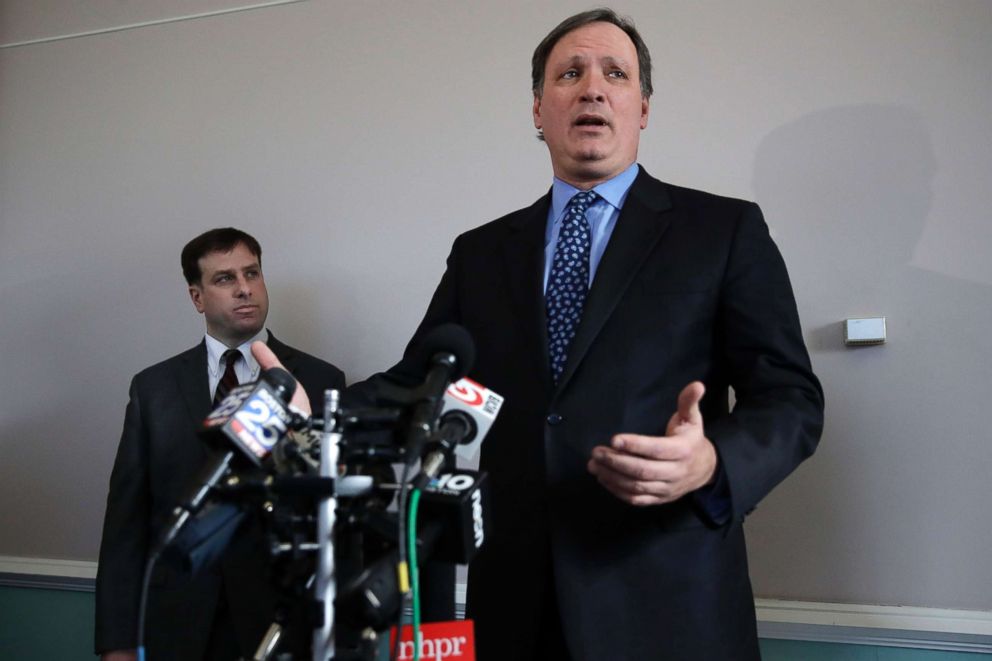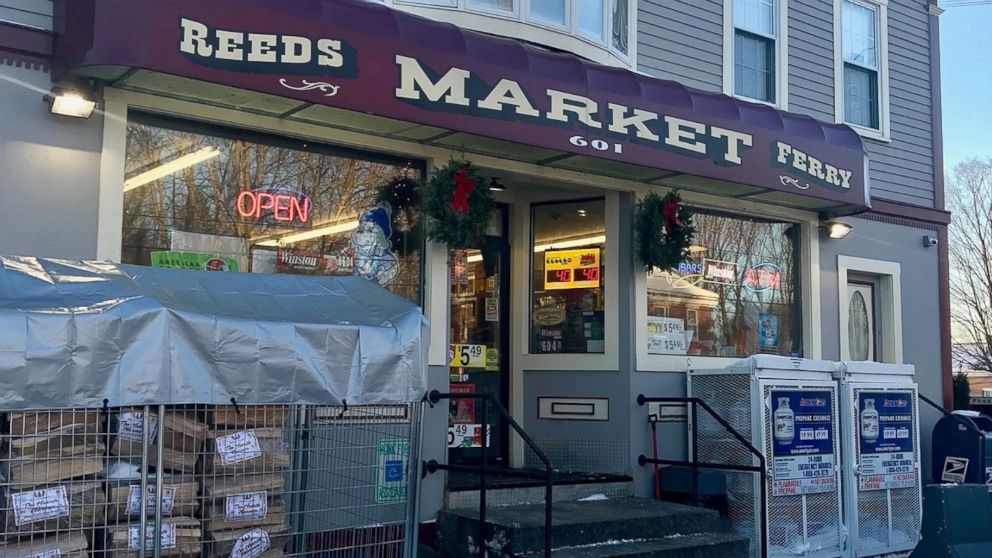New Hampshire judge rules $560M Powerball winner can remain anonymous
A judge in Concord, New Hampshire, ruled on Monday that the $560 Powerball jackpot winner who sued to keep remain anonymous, despite signing her ticket with her actual name, can keep the riches and her name withheld from the public.
The New Hampshire Lottery Commission said in a statement it is determining how to respond to the judge's decision that went against its recommendation to name the winner.
“While we were expecting a different outcome and believed the State had a strong argument, we respect the court’s decision," executive director Charlie McIntyre said. "That said, we will consult with the Attorney General’s office to determine appropriate next steps regarding the case.”
In his 16-page resolution filed in Hillsborough Superior Court Southern District, Judge Charles Temple weighed the public's right to know with the unnamed woman's fears of "unreasonable intrusion" into her life and daily affairs.
He sided with the so-called Jane Doe.
"The Court has no doubts whatsoever that should Ms. Doe's identity be revealed, she will be subject to an alarming amount of harassment, solicitation and unwanted communications," the judge's resolution states.
Doe, Temple noted, had "met her burden of showing that her privacy interest in the nondisclosure of her name outweighs the public interest in the disclosure of her name."

The basis for this decision considered a series of reported cases documented in the resolution that showed lottery winners were subject or even targeted by strangers seeking handouts. One man received a bomb threat at his home and another was forced to change his phone number after nonstop phone calls.
Beyond safety concerns, Temple considered Doe's hometown keeping hidden from the public eye.
But the judge didn't agree that naming the winner's hometown put her in jeopardy of being outed.
Temple wrote, "Given that any [female] person in Ms. Doe's hometown could potentially be the winner, it is highly unlikely that Ms. Doe could be identified as the winner solely based on the disclosure of that limited piece of information."

And since Doe signed the ticket with her actual name before one of her attorneys she retained afterward told her she had forfeited her anonymity in doing so, the judge didn't think the New Hampshire Lottery Commission made a good case that it would have denied her winnings if a trustee's name was on the ticket instead of Doe's.
Temple wrote the New Hampshire Lottery Commission "would have permitted the trustee of a trust to fill in the back of the ticket and claim the winning prize had Ms. Doe not already filled in the back of the ticket," according to the resolution.
To verify the lottery winner's legitimacy, the judge wasn't swayed by the commission's claim that there is a strong public interest in disclosing winners' identities so that the public knows "they are bona fide lottery participants" and "real winners."
In the resolution, Temple called that argument "weak" because a trustee claiming a prize on behalf of an anonymous individual is certainly not a "bona fide" participant and is not the "real" winner of the prize.
In terms of preventing accusations of corruption in this case, Temple's resolution claims the front of the ticket is enough.
The public, he wrote, would have "access to the front of the ticket displaying the winning numbers, the date of any claim, the amount of the prize and Ms. Doe's hometown."
If the hometown and the numbers are out in the public sphere, Temple suggested that "further diminishes the public's interest in learning the name written on the back of a winning ticket."
As for the ticket, Doe's attorneys lobbied the judge to grant her a do-over.
If so, Doe would be able to "white out" her signed name on the winning ticket's reverse side and re-execute it with the "Good Karma Family Trust of 2018" -- thus protecting the public from knowing her identity.
Just last week, the commission distributed to the winner's attorneys the $264 million sum, which includes taxes that were deducted.
Doe has pledged to donate around $25 million to $50 million of the largess to charity over time.




